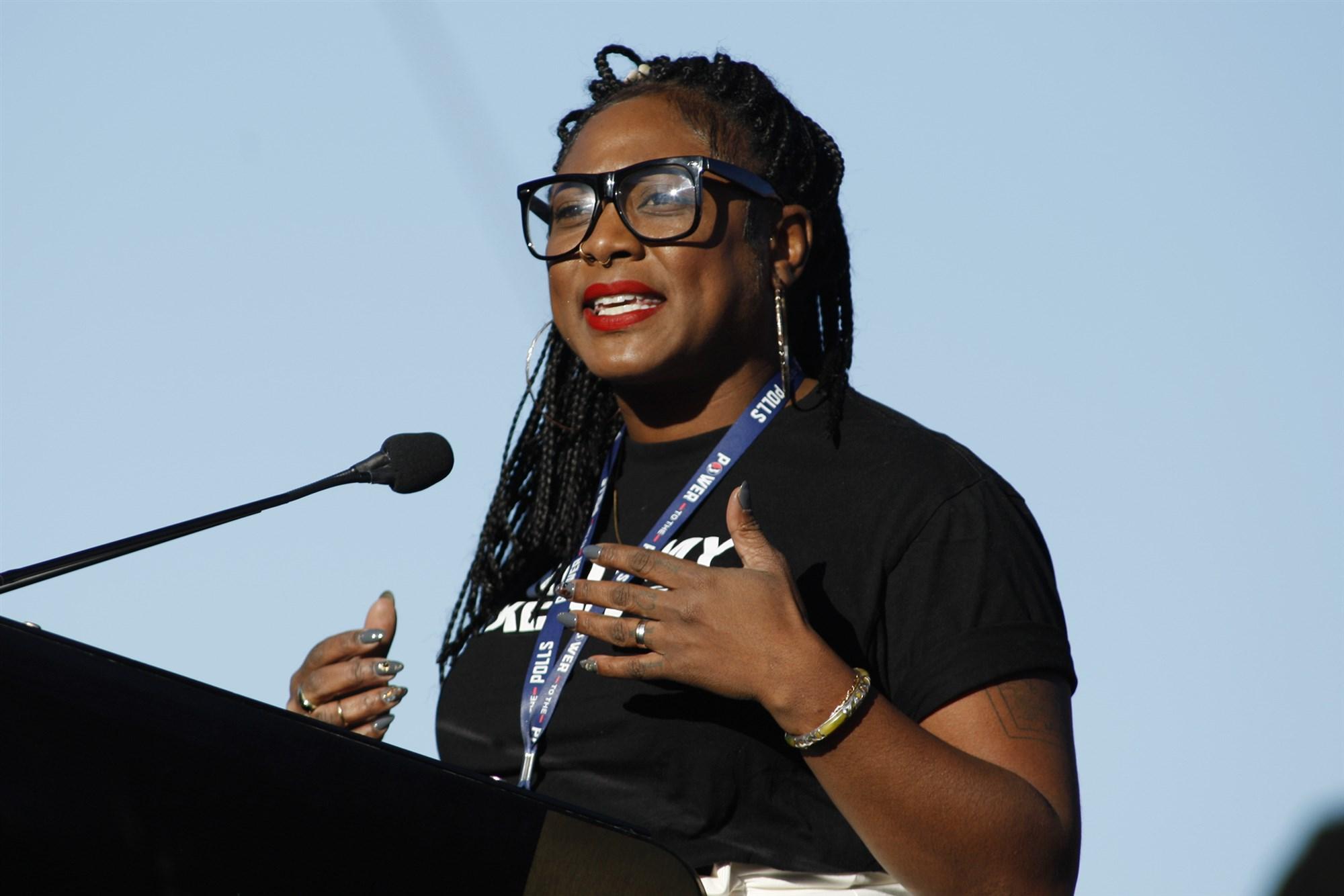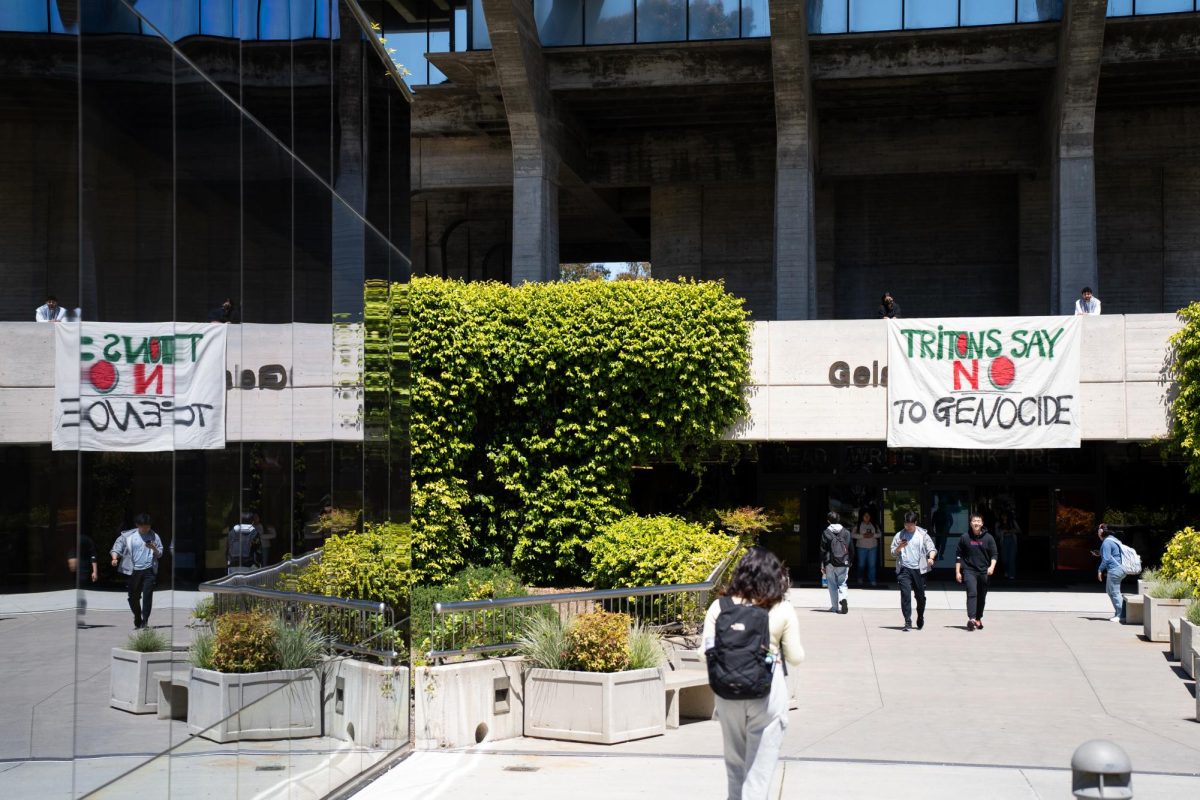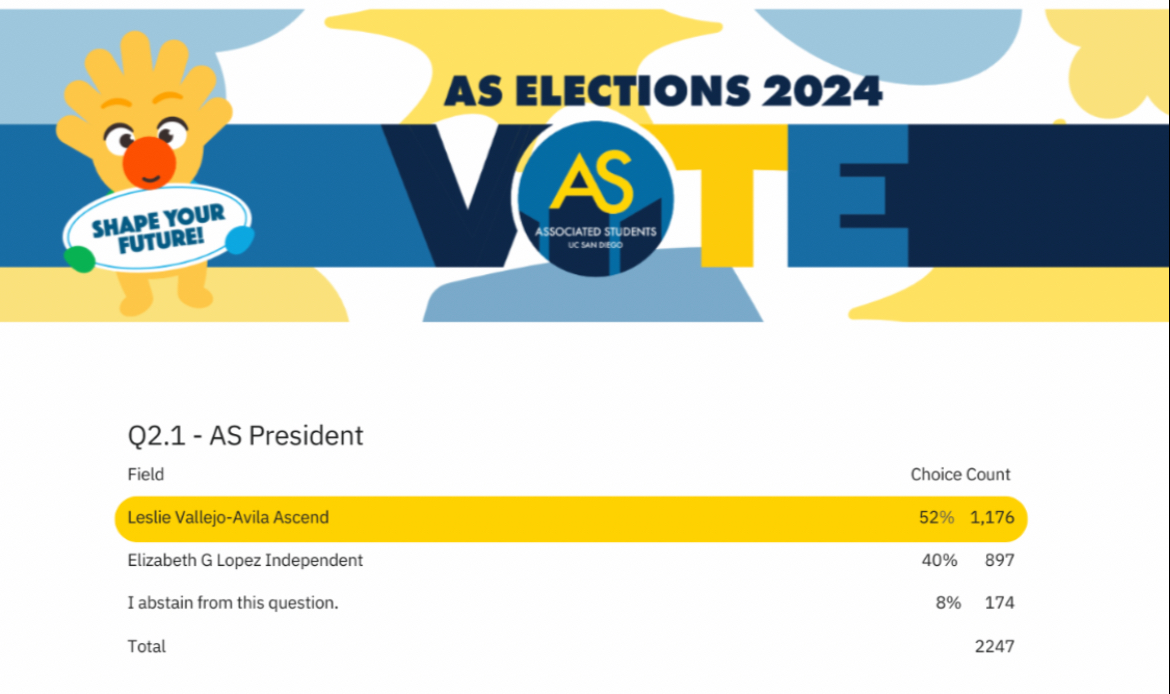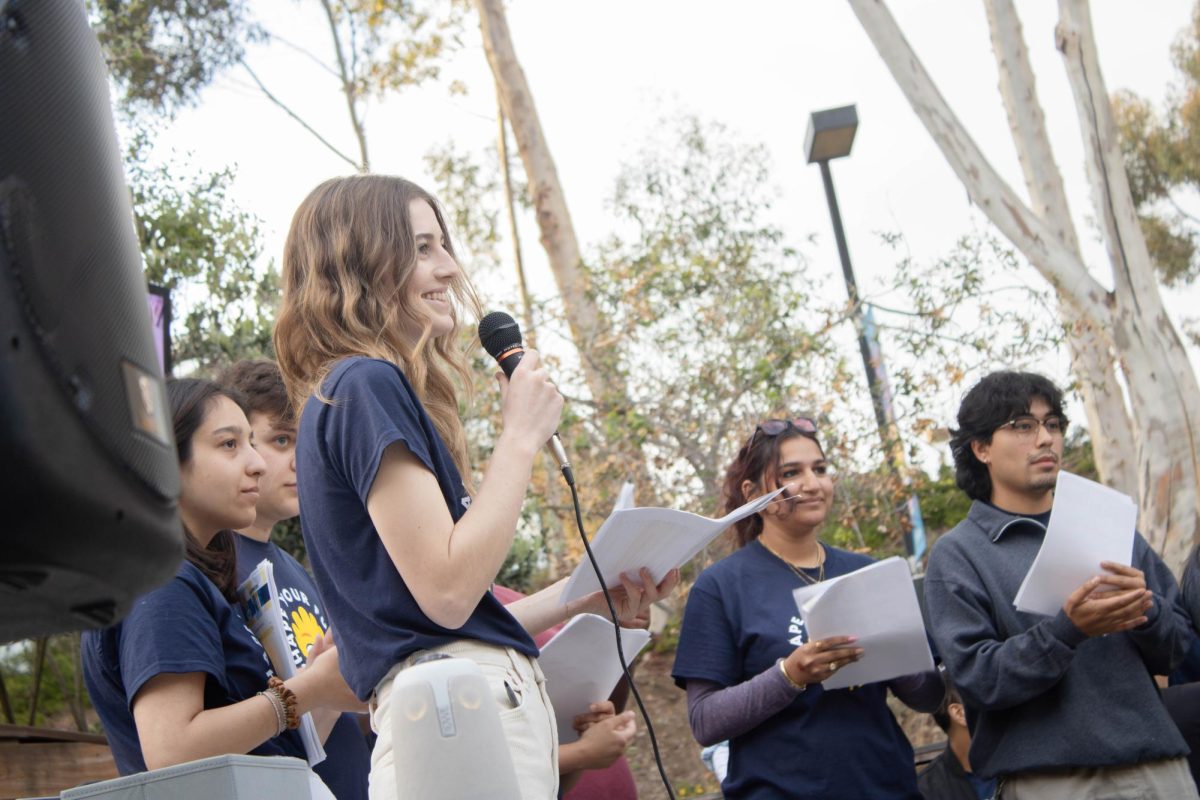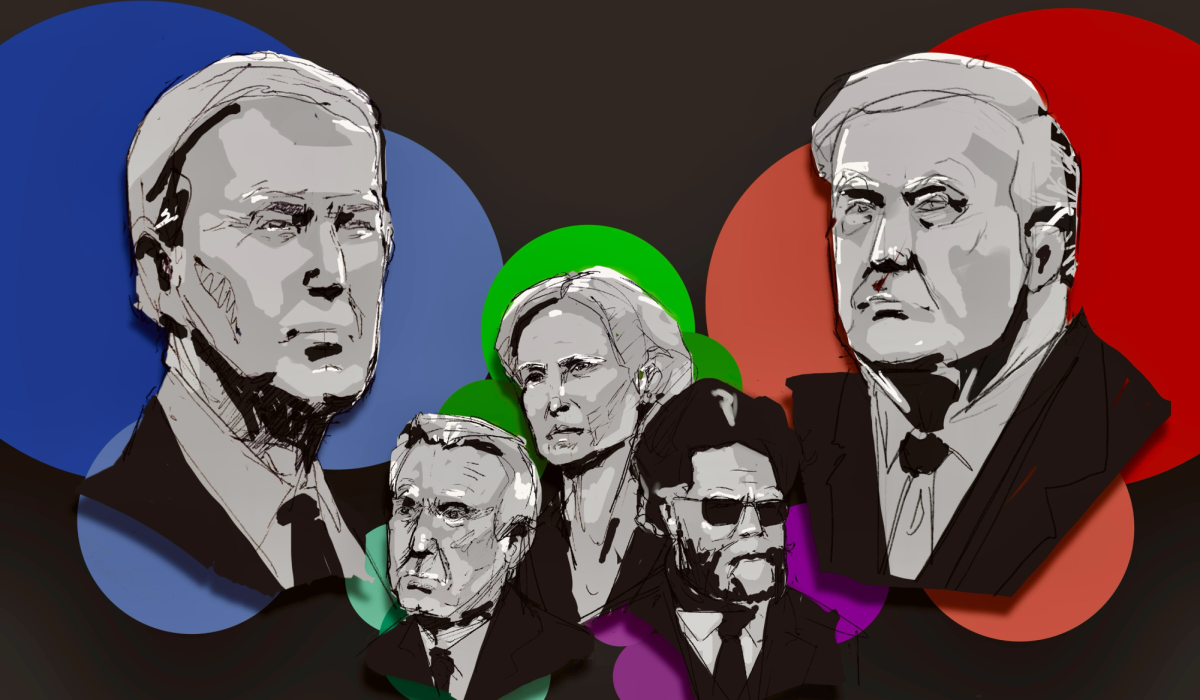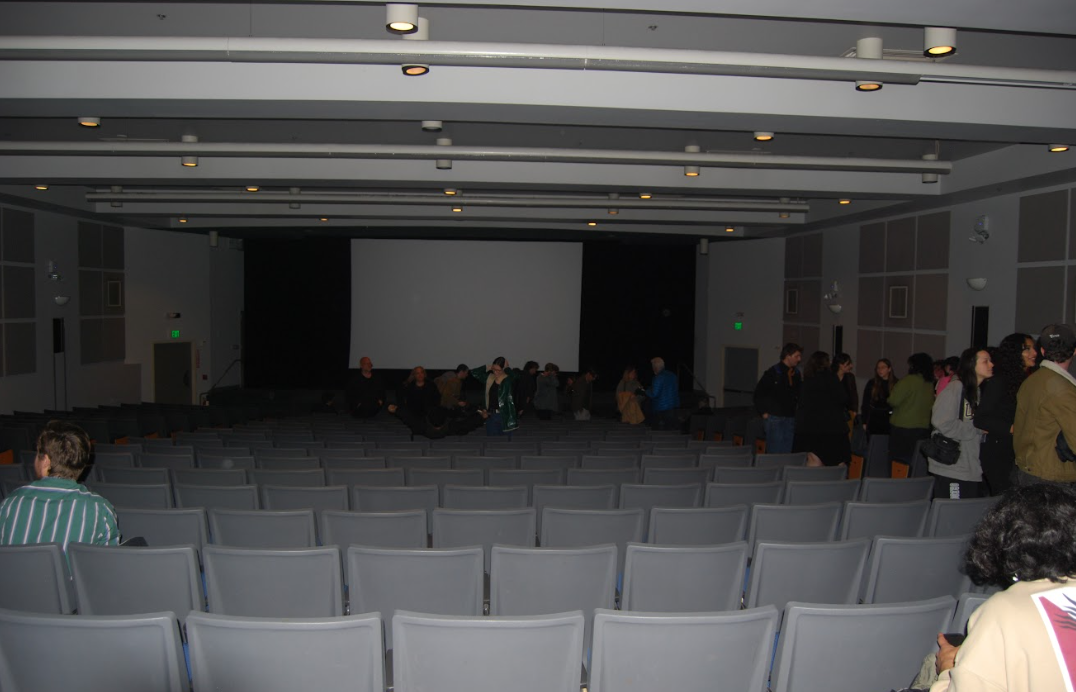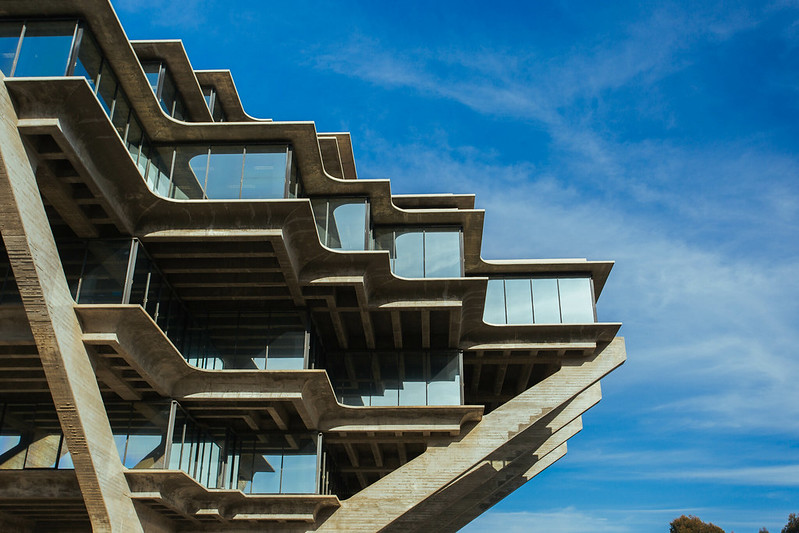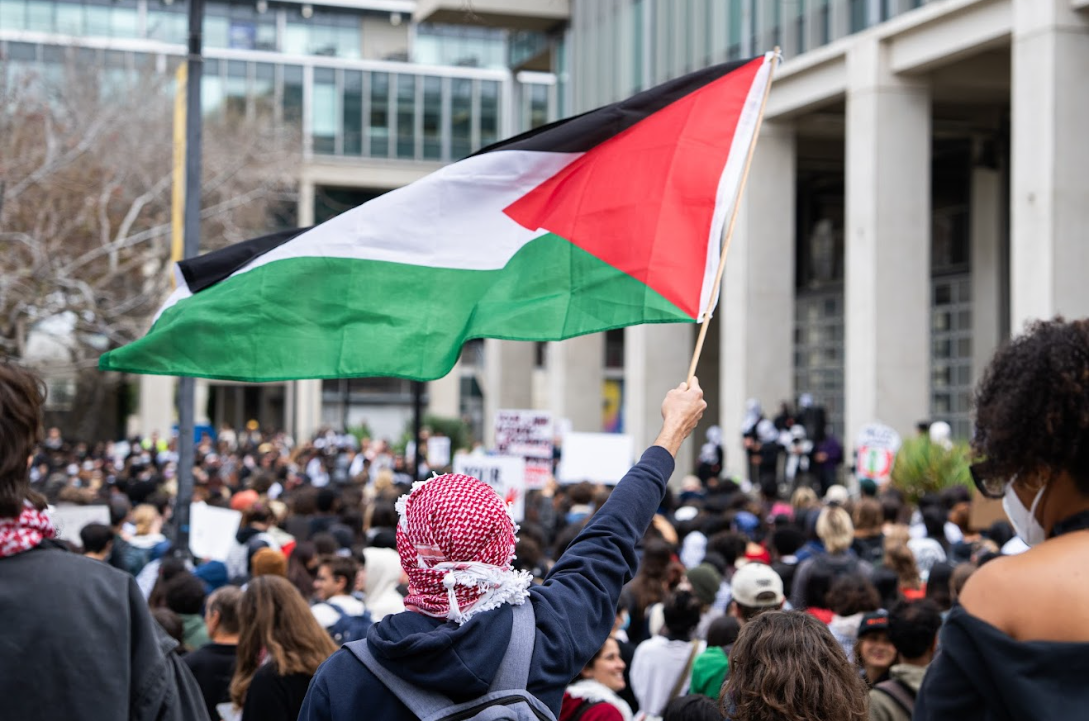Civil rights activist and co-founder of the international Black Lives Matter movement Alicia Garza was featured at the “Grassroots Activism and Politics” event hosted by the UC San Diego Associated Students Office of External Affairs and the UCSD department of political science on Wednesday, Feb. 17. The panel event was centered around the importance of grassroots organizing, how it differs from activism, and Garza’s thoughts on how students can mobilize in support of social justice.
Alicia Garza is an UCSD alumni who graduated in 2002 with a degree in anthropology and sociology. Along with co-founders Opal Tometi and Patrisse Cullors, Garza started the Black Lives Matter hashtag in July of 2013 after the acquittal of George Zimmerman in the murder of 17-year-old Trayvon Martin. The Black Lives Matter movement gained international attention after the murder of George Floyd on May 25, 2020, which led to multiple protests across the country.
Garza is currently the director of special projects at the National Domestic Workers Alliance and published her first book “The Purpose of Power: How We Come Together When We Fall Apart” in Oct. last year. She was also included in Time Magazine’s 100 Most Influential People of 2020.
In the hour-long panel, Garza spoke on her past as a student activist at UCSD, her experience as a grassroots organizer, and how students can advocate for important causes via grassroots organizing.
The panel kicked off with a discussion about the use of the word “civil” in civil rights, which implies non-acceptance, yet co-existence with the government and Black communities. Garza was asked about her thoughts on the possibility of changing the term “civil rights.”
“I think language is less important than action, and language can reflect the ways and limitations by which we see the world,” Garza said. “I want to keep pushing us to really try and link what we do and what we say. The problem for me in language is not so much the words that we use, it’s how much we fall short from the aspiration that we’re trying to accomplish.”
Garza also highlighted that she likes the idea of updating language for the 21st Century. However, she also believes that the term “civil rights” was meaningful in the context and time that it was coined and has historical significance.
The discussion then moved on to how students can begin to mobilize in their communities through grassroots organizing, and the avenues where students can voice their opinions.
In her response, Garza acknowledged UCSD’s Black Student Union and their demands as concrete steps that can be taken to reimagine the university’s future for minority communities. She added that breaking out of the campus bubble was important in advocating for causes not only on campus, but also surrounding communities and people.
“One thing that I remember most about being a student activist is that the thing that was most transformative for me was breaking the pattern of isolation we experience having left our homes and loved ones,” Garza said. “Most of us are encouraged to just focus on what’s happening on campus and as a result, everything that’s happening around us we are experiencing through books and through classes, rather than in relationships with real people.”
Garza went on to explain her belief that one of the first things to know as an university student activist is to understand that there are no boundaries between the community and the university. When students make demands and call for institutional change, they must remember that these reforms will also impact people and communities that are not part of the university.
She also highlighted another important step of figuring out how to build a benchmark. Garza cautioned against moving the boundaries of demands and allowing institutions to diminish them over time.
“One of the ways in which power is able to stay entrenched is that it depends on the flexibility or the turnover of the people who are part of that institution,” Garza said. “The second step, I think, is making sure to build a bench and always be thinking about what it means to replicate yourself.”
Garza also drew attention to the importance of ensuring demands have an intersectional lens to ensure that nobody gets left behind. Intersectionality refers to the understanding of a person’s social and political identities and how they relate to one another to create different privileges and discrimination.
The discussion then shifted to the topic of organizing versus activism and the different forms it takes. In her answer, Garza said she believes that activism and organizing are related, but not necessarily the same.
“Activism can be expressed in a ton of ways, it does not have to happen through protest,” Garza said. “You can be an activist and never use a bullhorn. There’s lots of different ways to take individual action. Organizing is different and it accomplishes different goals and objectives. It is not better or worse than activism. Organizing is fundamentally about building power, the kind of power that changes rules that have been rigged against us for a long time. Organizing is changing the written rules and unwritten rules, and culture is part of the unwritten rules.”
Garza also added that organizing is hard work and that it is not for everybody. She believes that everybody has a role to play and self-actualization comes from figuring out what people and communities need and care about.
Finally, the panel ended with an audience Q&A, with an opportunity to win a giveaway for Garza’s book “The Purpose of Power: How We Come Together When We Fall Apart”. All registered participants were automatically entered into the giveaway during sign-up.
The A.S. Office of External Affairs has an upcoming panel titled “The Complexities of Intersectionality: An Honest Comparison” on Feb. 22 featuring scholars, writers and activists Blair Imani and Dr. Moya Bailey. Students interested in getting involved in civic engagement are encouraged to find resources at Free Expression at UCSD.
Photo taken by Sam Morris for Getty Images


